“Mormonism in Pictures” is a photo essay depicting The Church of Jesus Christ of Latter-day Saints and its members around the world.
This week, as Latter-day Saints and others remember Mormon pioneers' inaugural journey to Utah in July 1847, we feature photos related to that pioneer trek west. Pioneer Day in Utah is held 24 July in honour of the first group of Mormon pioneers who entered the Salt Lake Valley through Emigration Canyon between 22 and 24 July 1847.
The historic trek of the Mormon pioneers in the mid to late 1840s was an event that helped shape the development of the American West.
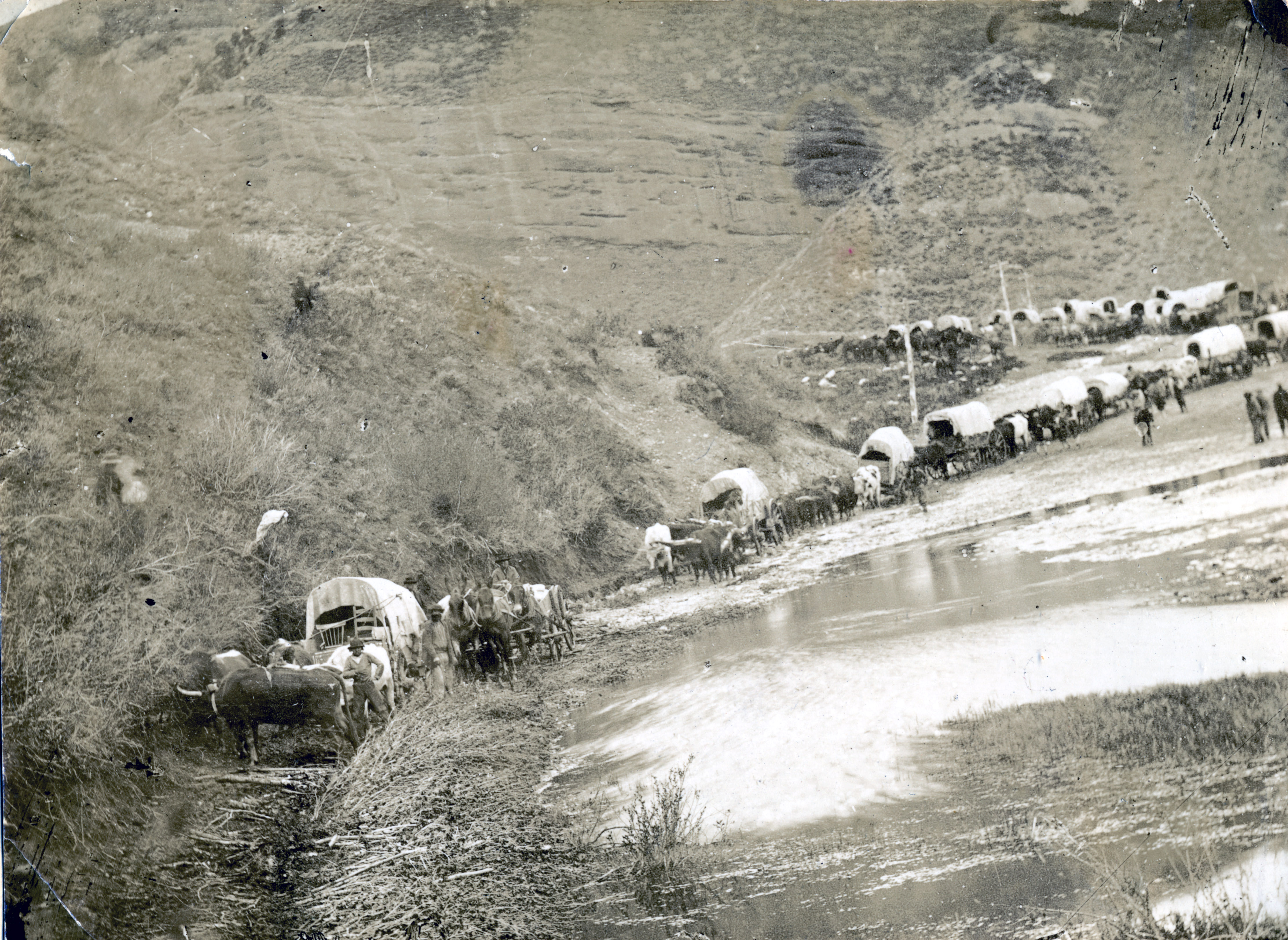
An 1866 party of pioneers in Echo Canyon east of the Salt Lake Valley
Not all early members of The Church of Jesus Christ of Latter-day Saints were rugged frontiersmen who regularly camped under the stars. They were also shop owners, craftsmen, farmers, cabinet makers, teachers, mill workers, builders and blacksmiths.
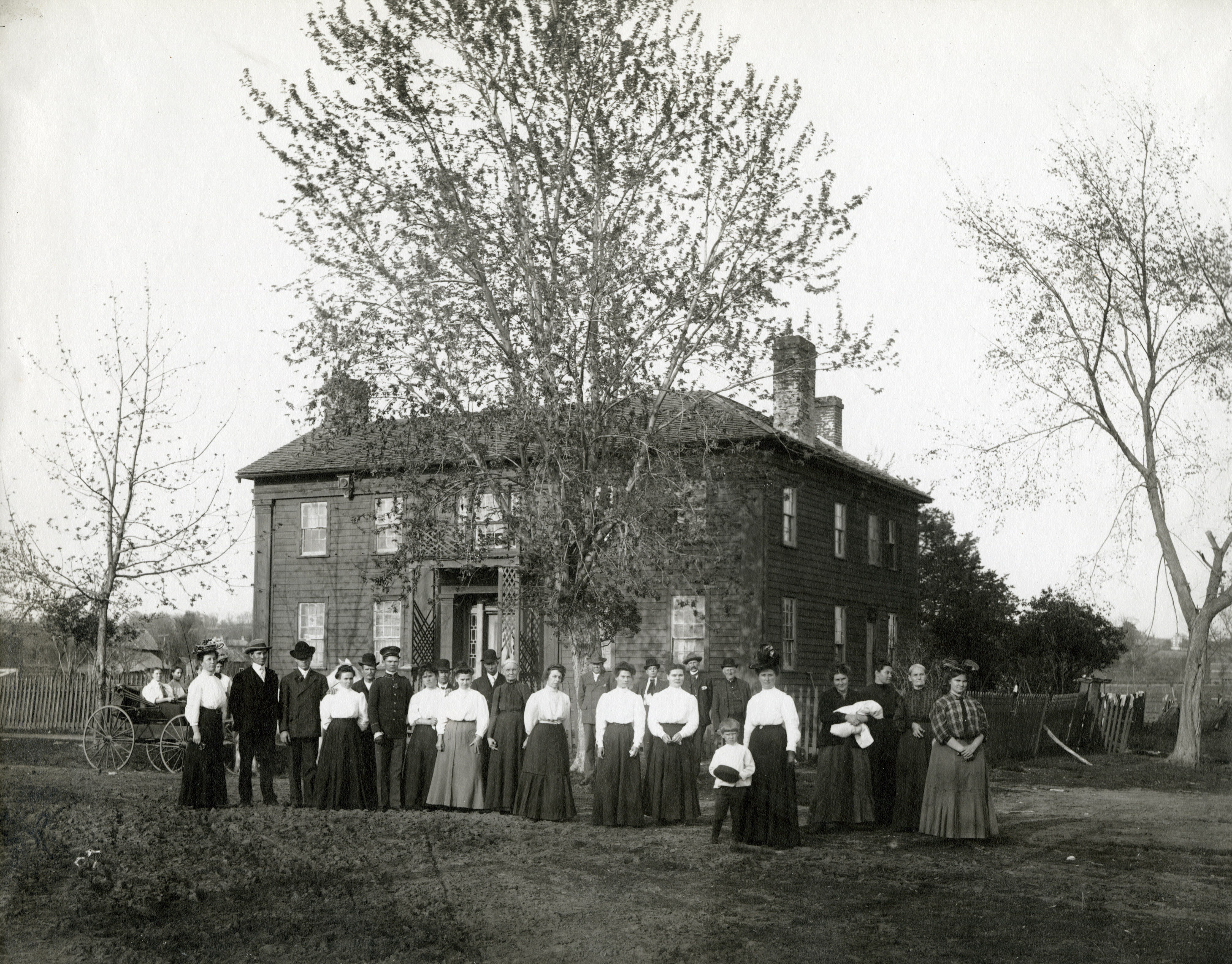
The Mansion House in Nauvoo, Illinois
Latter-day Saints went west to escape religious persecution. They left behind comfortable homes and profitable farms and braved the 1,300-mile journey across the plains under sweltering sun and in freezing winter storms.
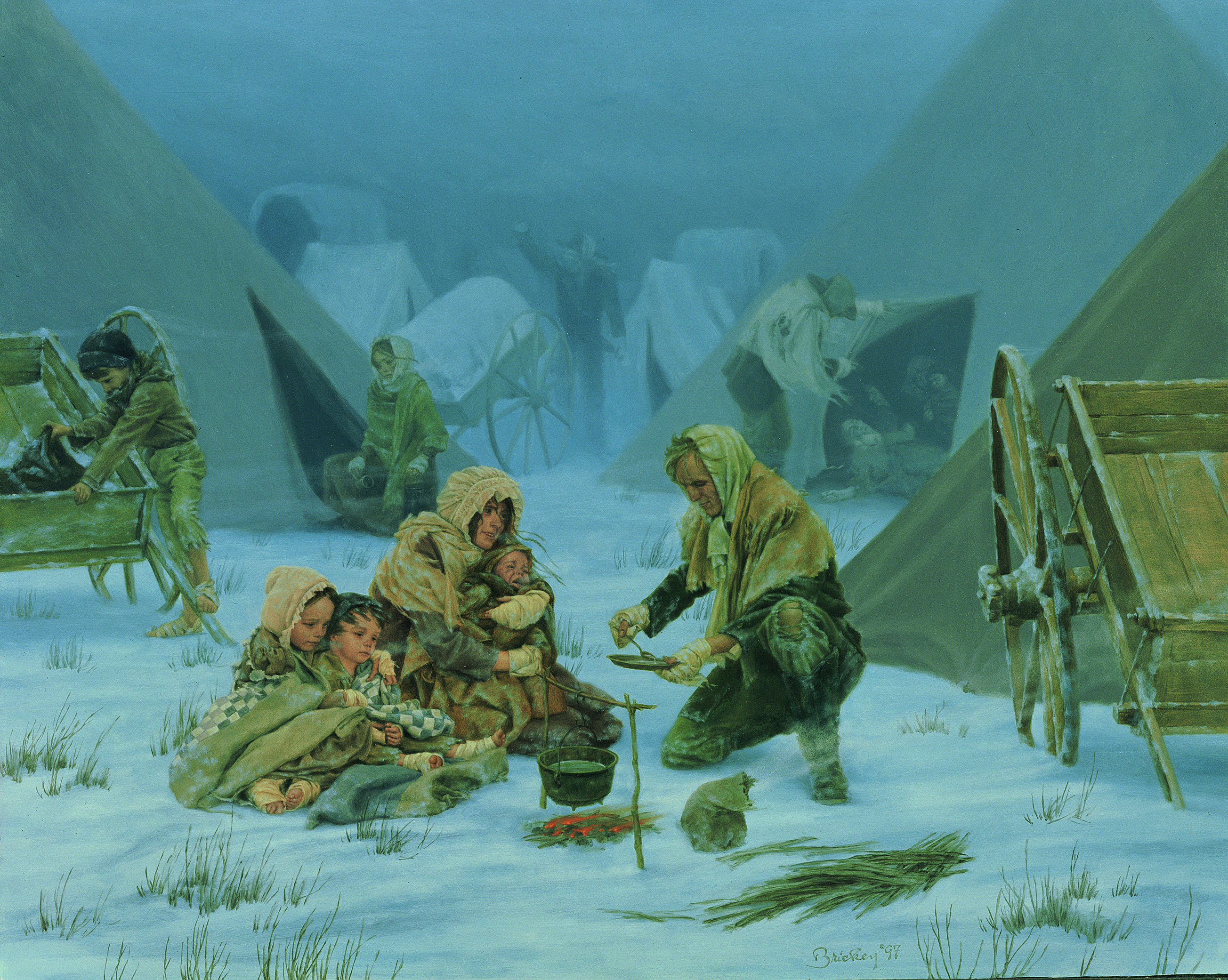
An illustration of a father trying to start a fire to feed his starving family
One of the many compelling stories of faith of the pioneers is that of Mary Fielding Smith, the widow of Hyrum Smith (President Joseph Smith’s brother), and her son Joseph F. Smith (sixth president of the Church from 1901 to 1918).
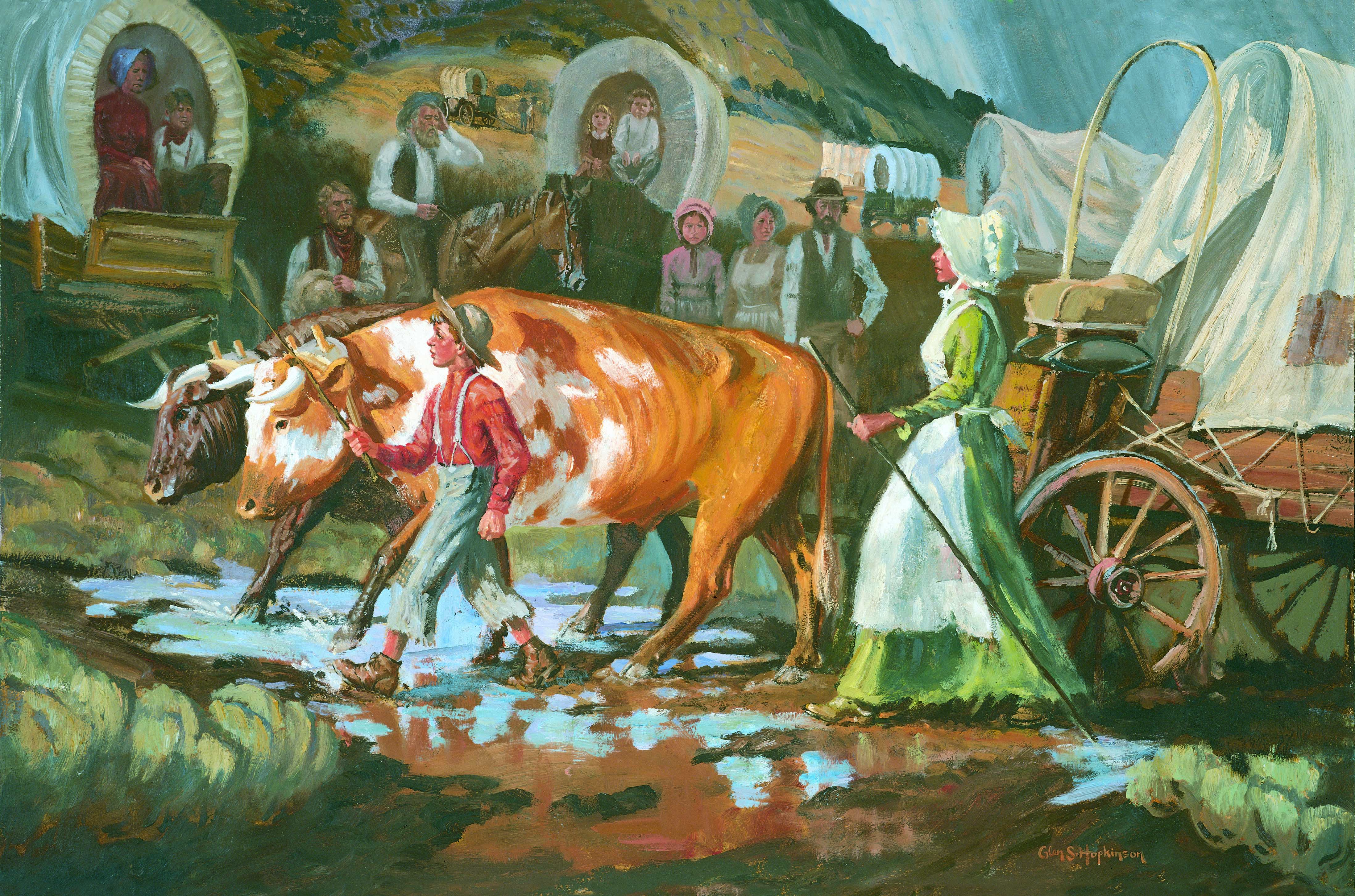
This painting depicts future president of the Church Joseph F. Smith leading a yoke of oxen with his mother, Mary Fielding Smith
They were travelling across the plains in a covered wagon puled by a yoke of oxen. Young Joseph, about eight years old, recalled that after the oxen became ill, his mother prayed that the animals might arise and move forward, and “to the astonishment of all who saw,” they “got up and we drove along.” Mary Fielding Smith and her family were travelling across the plains with the first large group of Mormons that arrived in the Salt Lake Valley in September 1847.
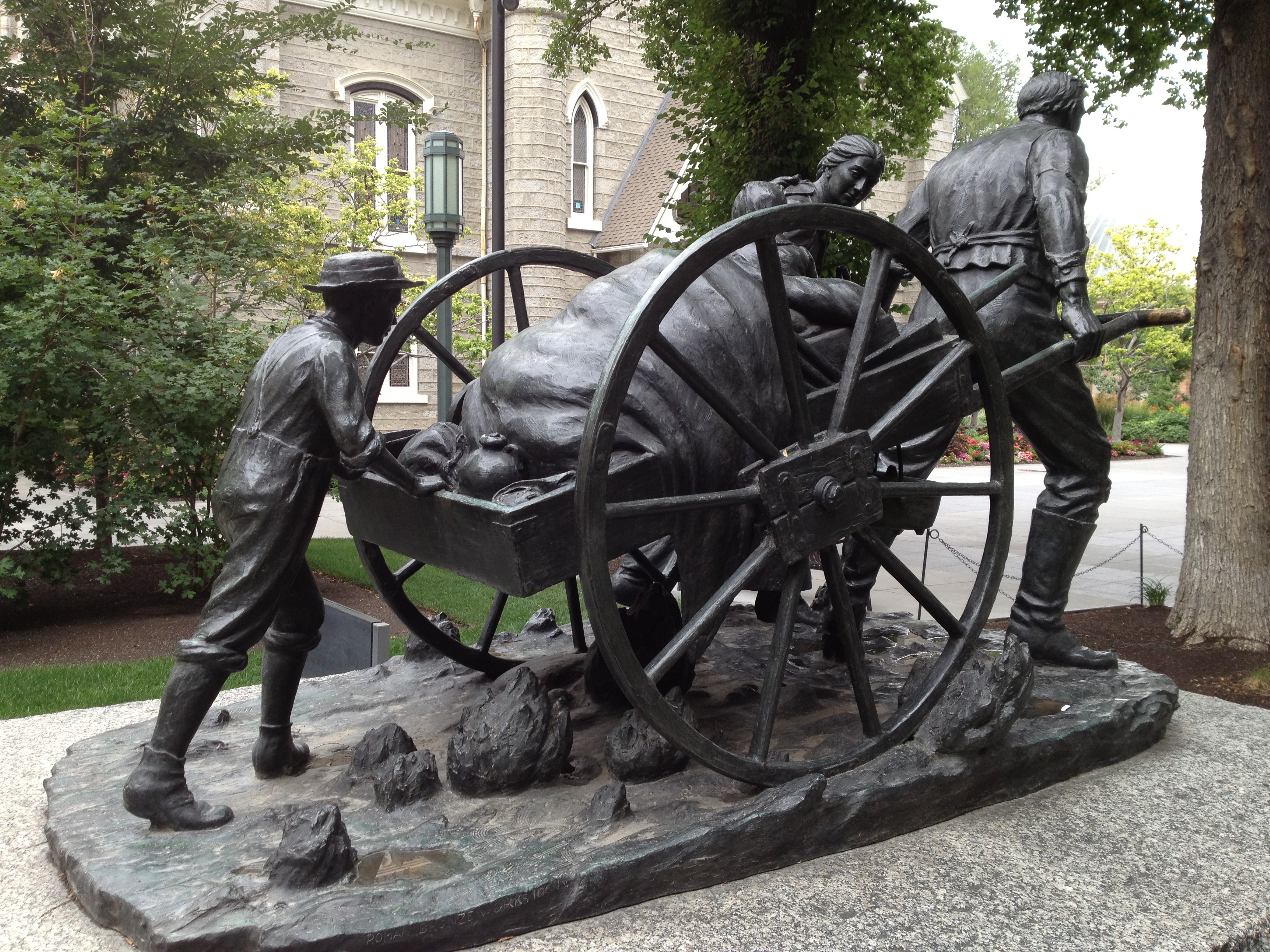
Mormon handcart pioneer statue on Temple Square honouring those who travelled across the plains to Utah
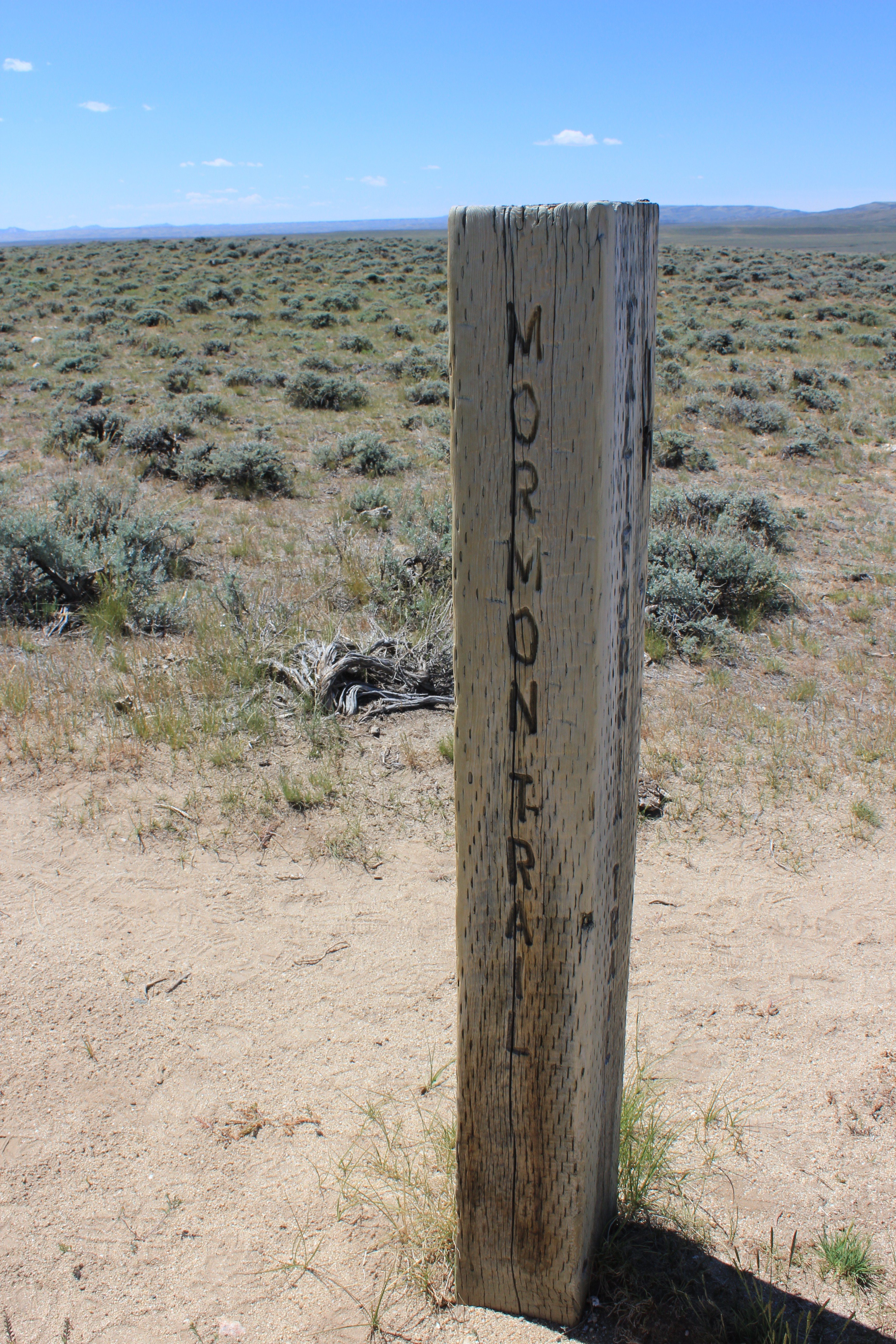
Mormon Trail marker
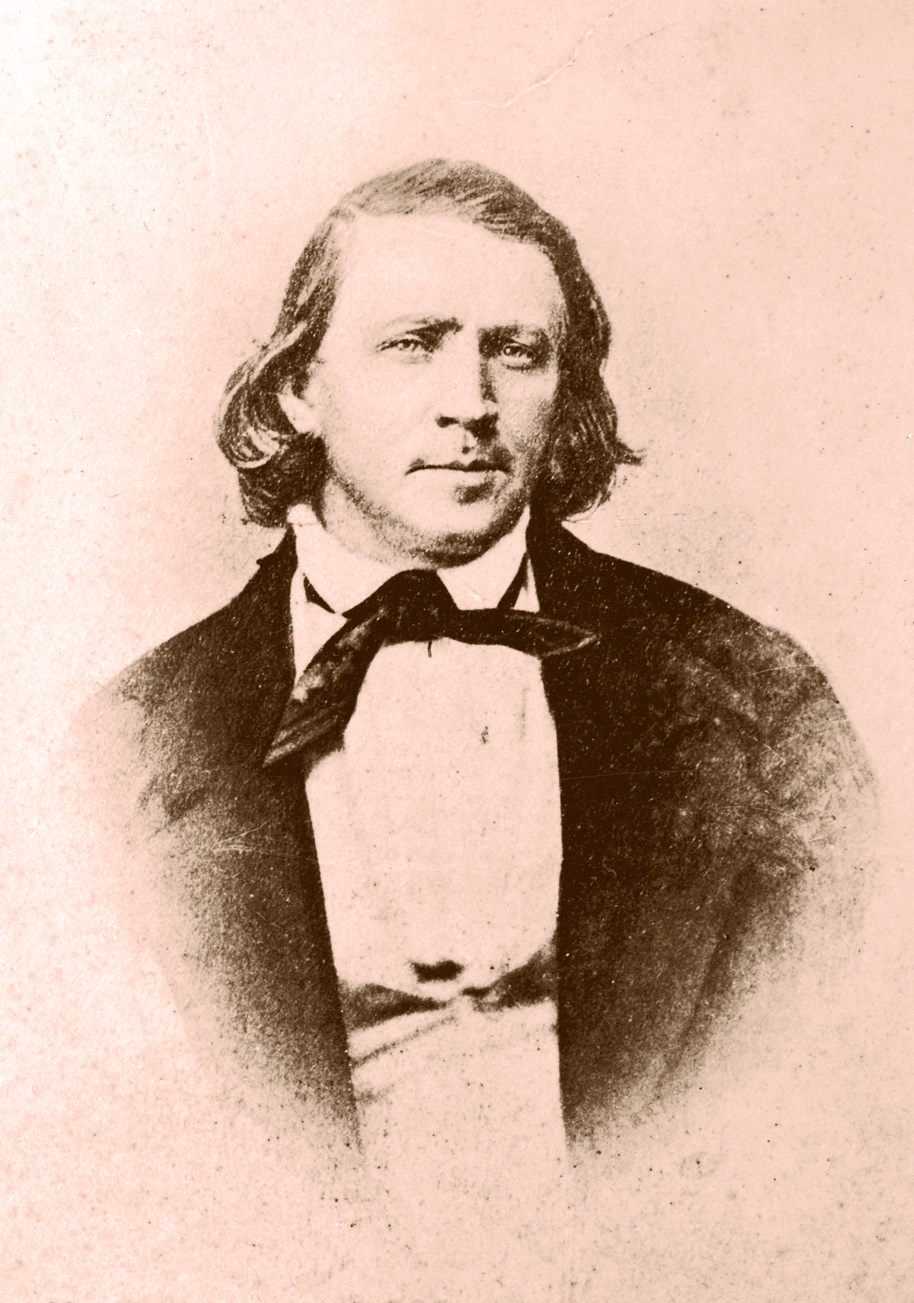
Brigham Young is about 49 years old in this 1850 photograph. He led the Latter-day Saints from Nauvoo, Illinois, to the Rocky Mountains, where he was instrumental in settling not only Salt Lake City but also cities and towns in Utah and throughout the West. He served as Church president from 1847 to 1877 and served for a time as territorial governor and Indian Agent.
On 24 July 1847, Brigham Young, president of The Church of Jesus Christ of Latter-day Saints, saw the wide Salt Lake Valley from his wagon and declared, “This is the right place. Drive on.”
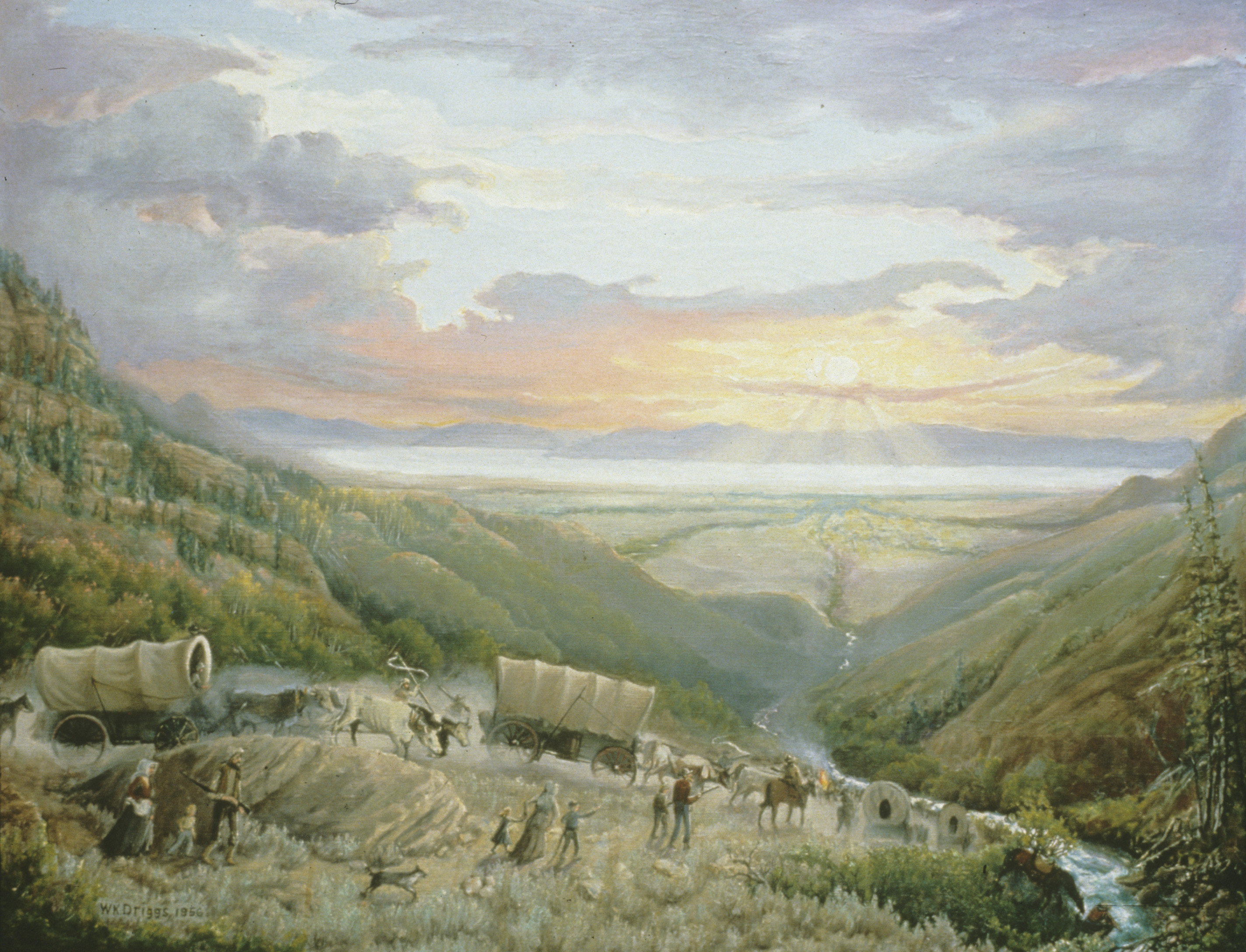
The first group of Mormon pioneers entered the Salt Lake Valley through Emigration Canyon between 22 and 24 July 1847. This vanguard company arrived in July; the first large body of church members arrived in September.
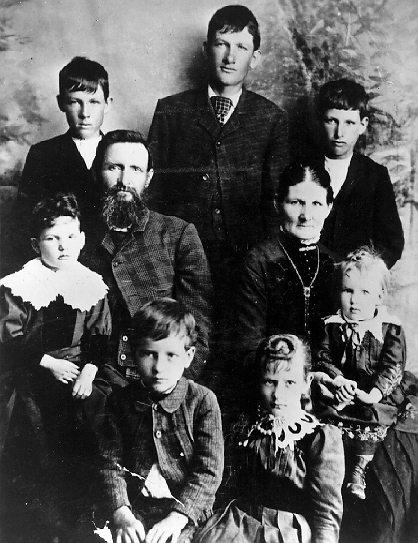
Portrait of a pioneer family
The pioneers wasted little time in beginning to settle the valley, beginning immediately to prepare the soil for planting. Because they arrived in mid-summer, the growing season was short.
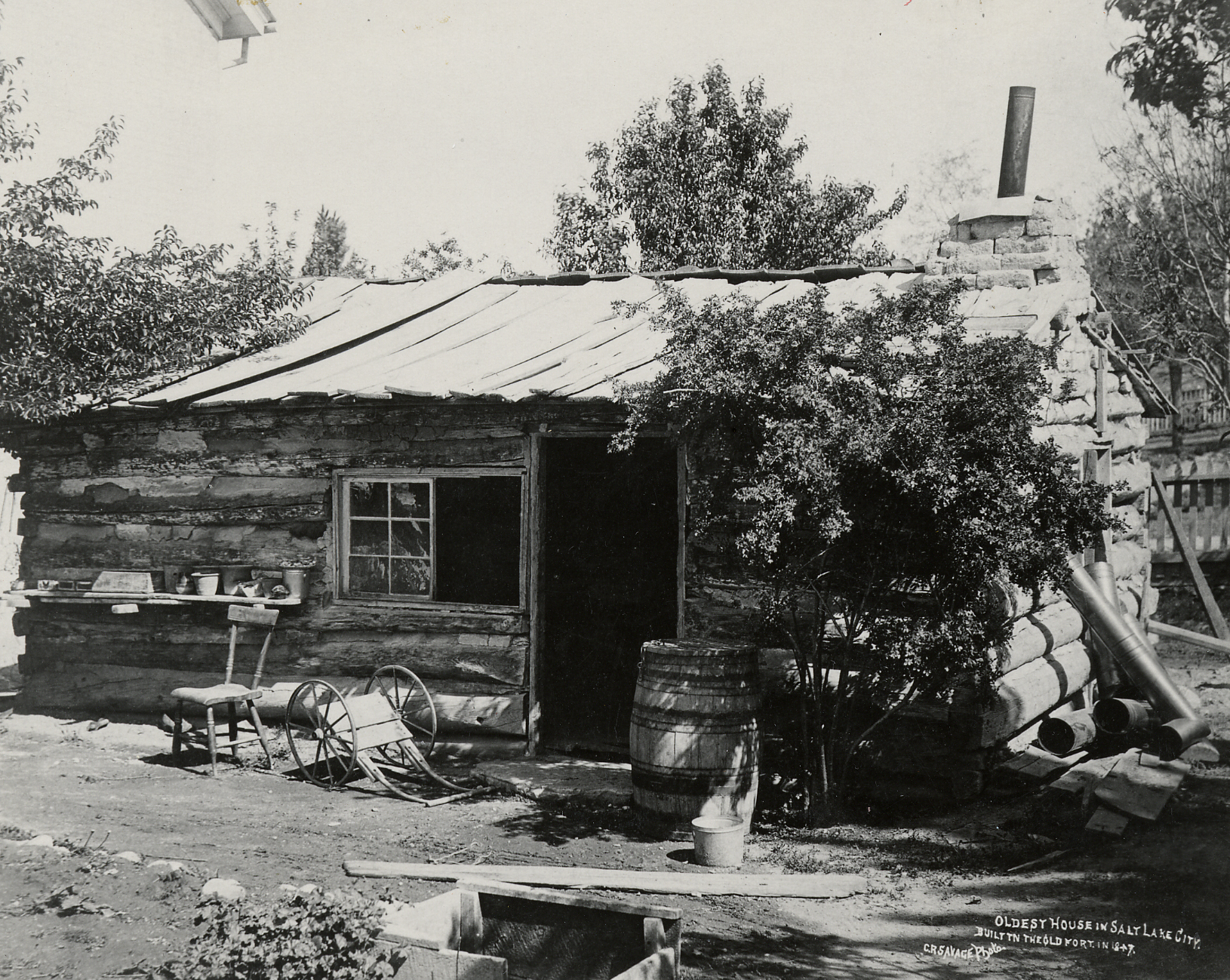
One of the oldest houses in Salt Lake City, built in 1847and owned by Osmyn M. Deuel
The settlers built ditches for irrigation, planted seeds and trees and felled timber in the nearby mountains to build homes.
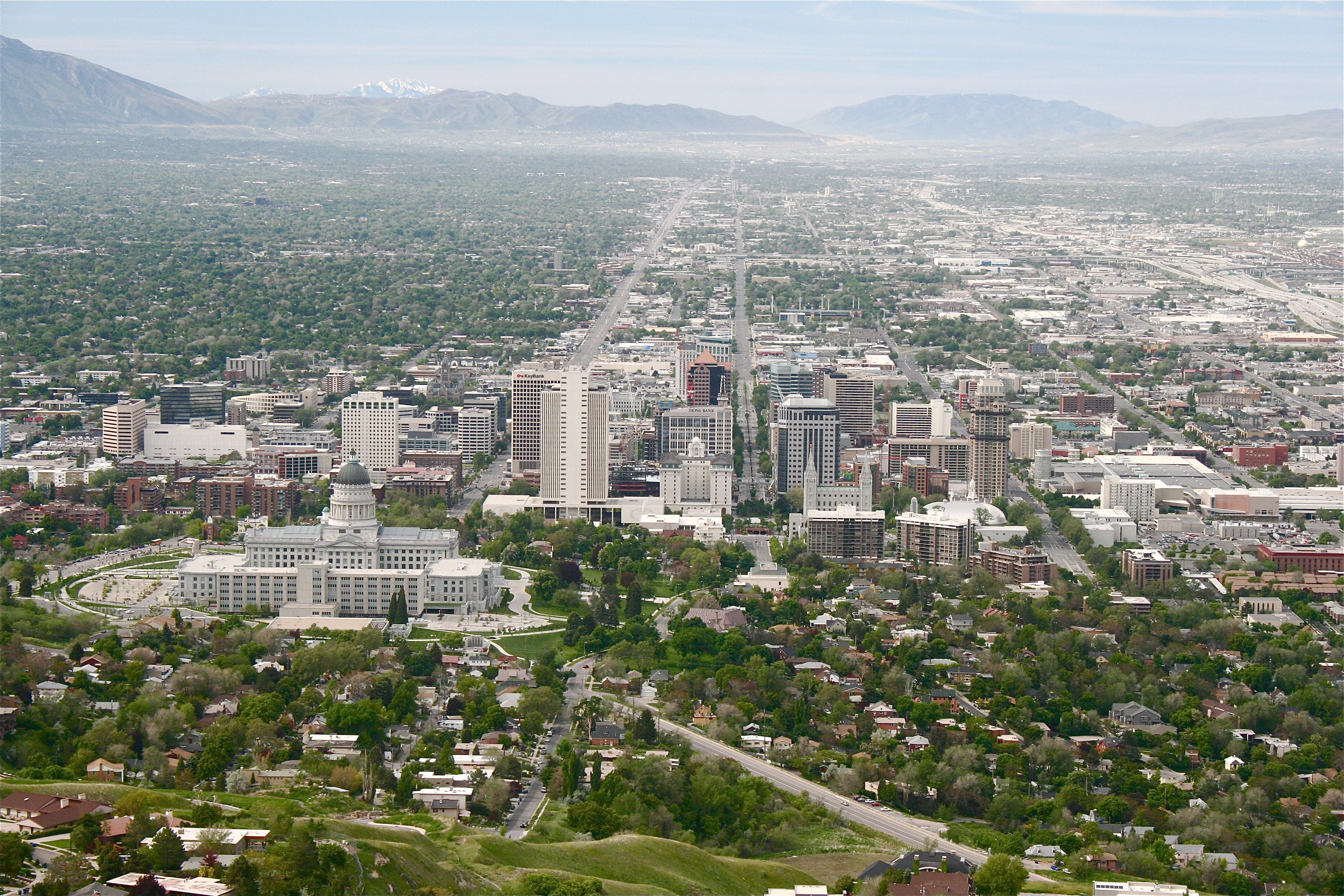
Contemporary view of the Salt Lake Valley from Ensign Peak
Within days of arriving in the valley, they walked up a hill on the north end of the valley (later known as Ensign Peak) to get the lay of the land, explored in nearby canyons, designated the center of the new settlement and selected the spot for the temple.
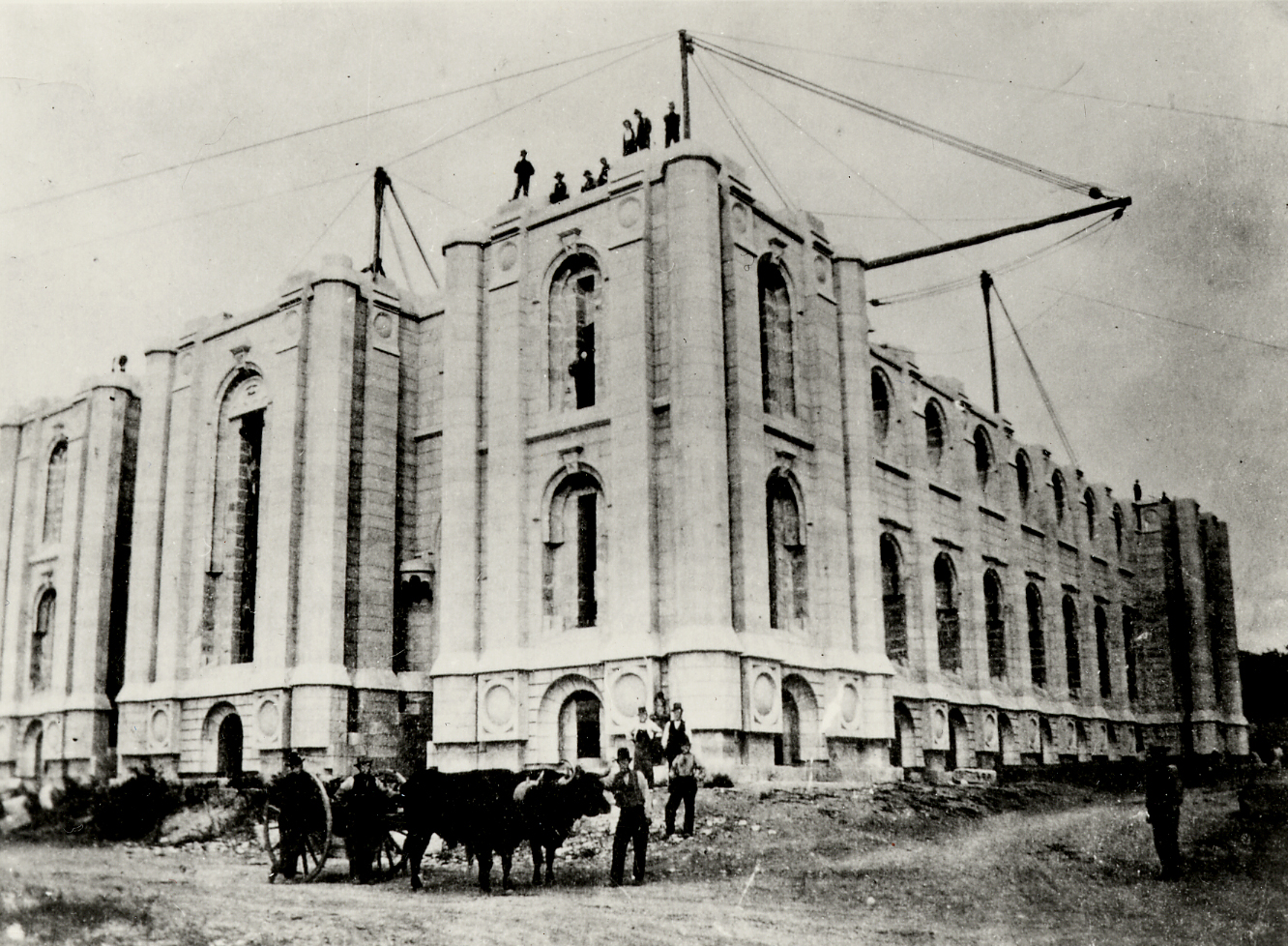
Workers construct the Salt Lake Temple (ca. 1870-1880)
American historian Wallace Stegner wrote about the Mormons, noting that “the story of their [pioneers’] migration is more than the story of the founding of Utah. The Mormons were one of the principal forces in the settlement of the West.”
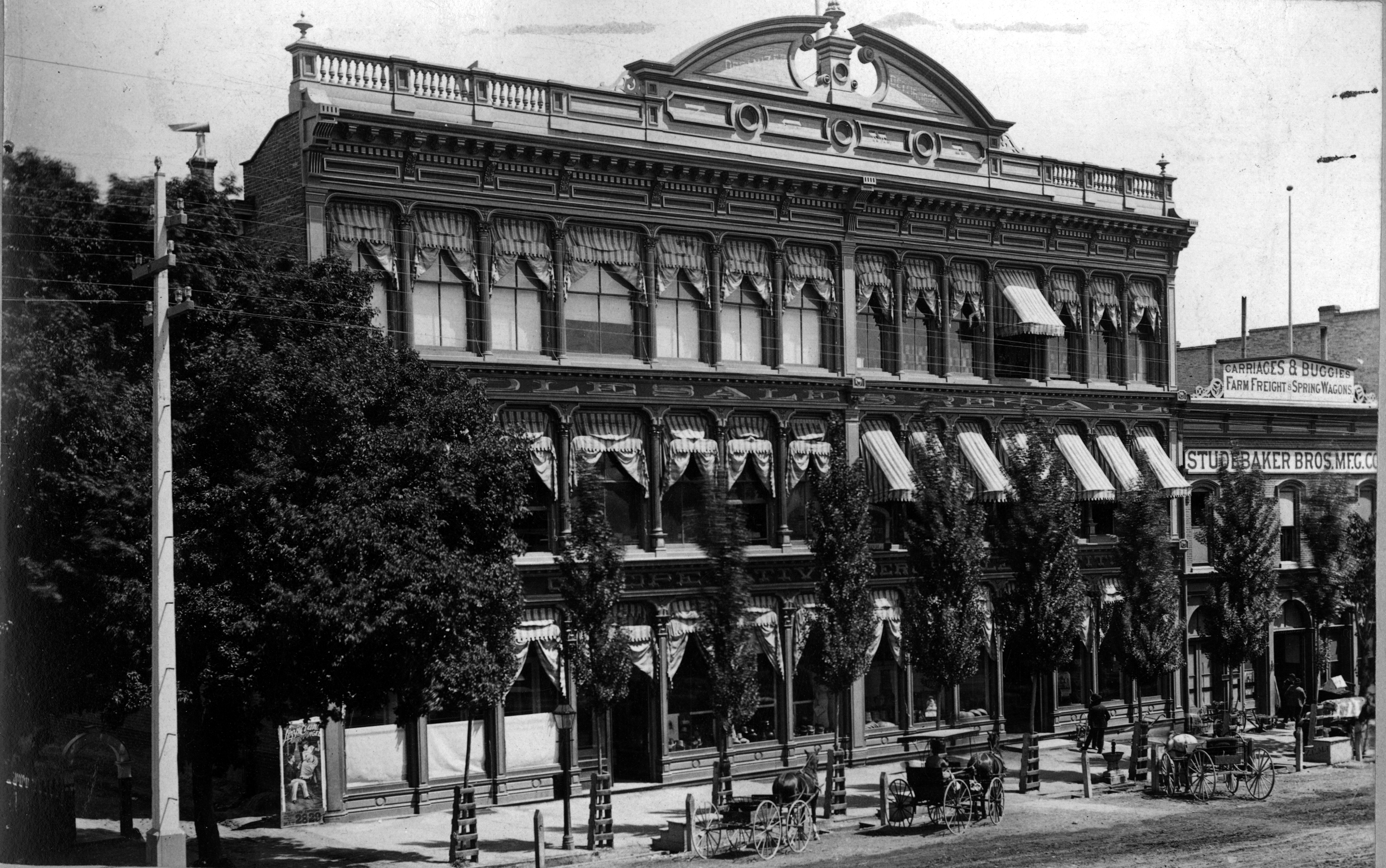
ZCMI was the first department store west of the Mississippi River
The day the first covered wagons of Latter-day Saints entered the Salt Lake Valley is one of celebration in the Church and was later designated a state holiday.
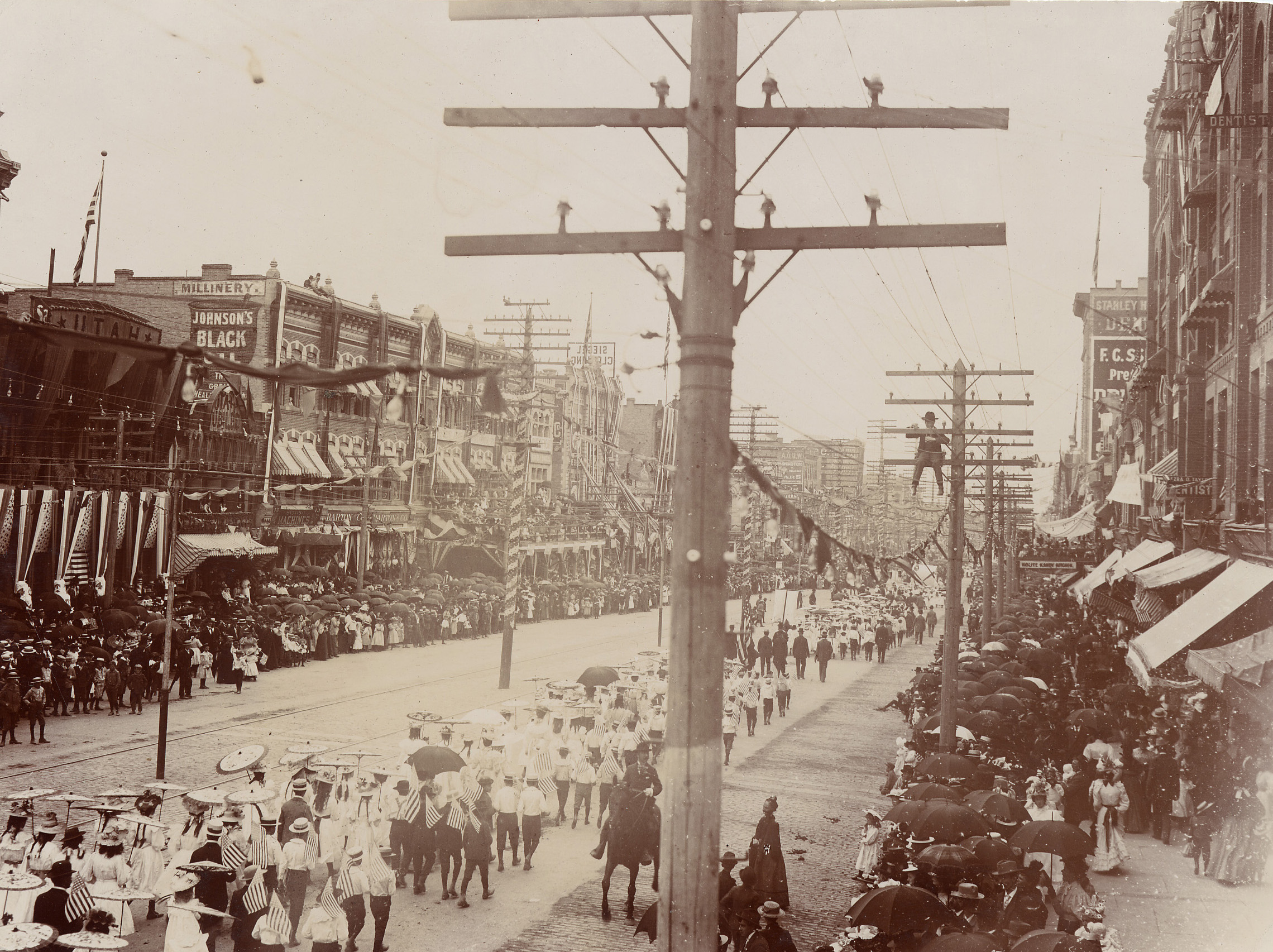
Pioneer Days Parade in 1897
Parades marking the 24th of July have taken place from 1849 to today, known at different times as the “Pioneer Days Parade,” “Covered Wagon Days,” and the “Days of ’47.”
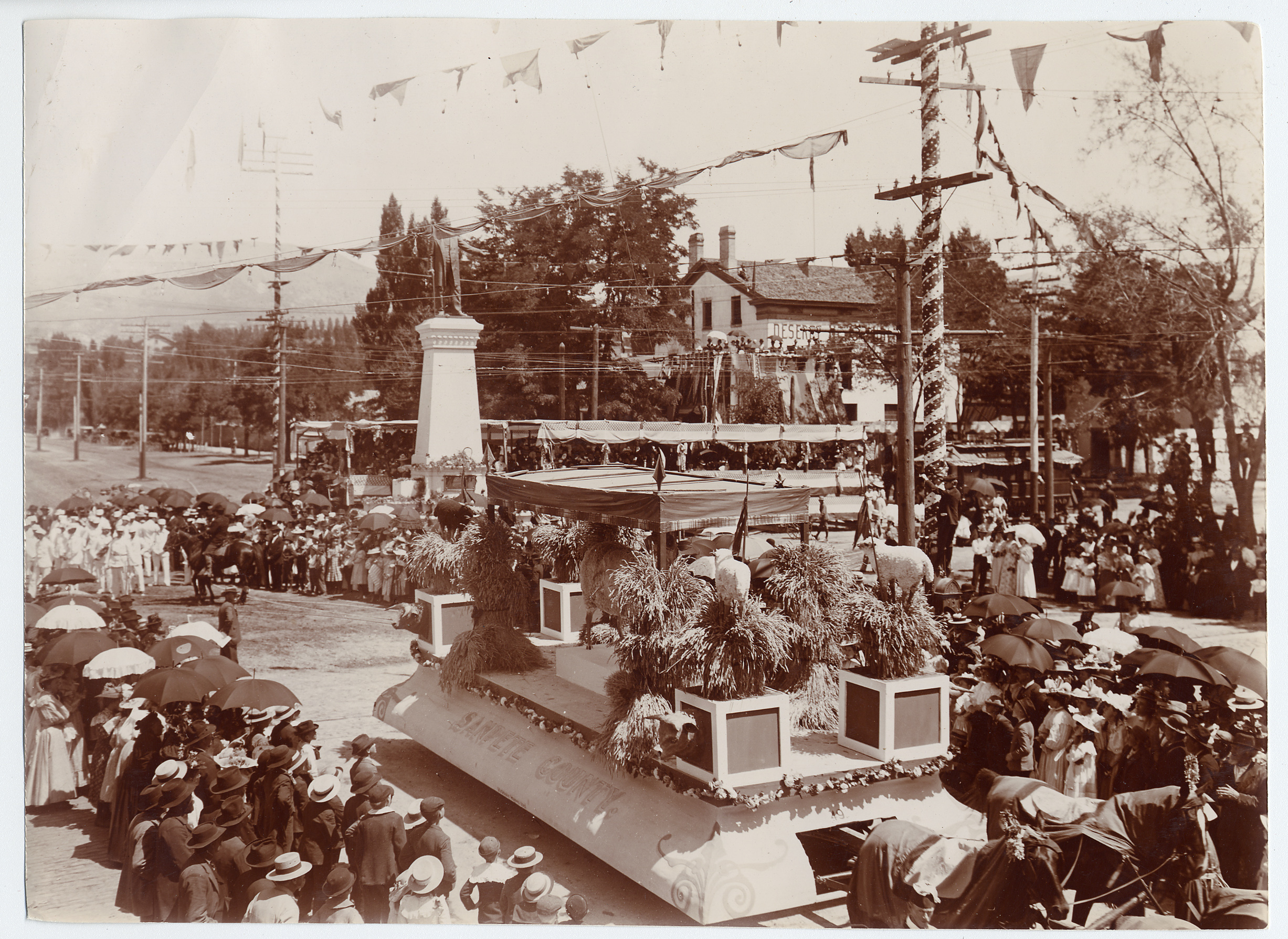
Pioneer Days Parade in 1897
In 1897, 50 years after the Mormon pioneers’ arrival, George Edward Anderson photographed the surviving pioneers of 1847.
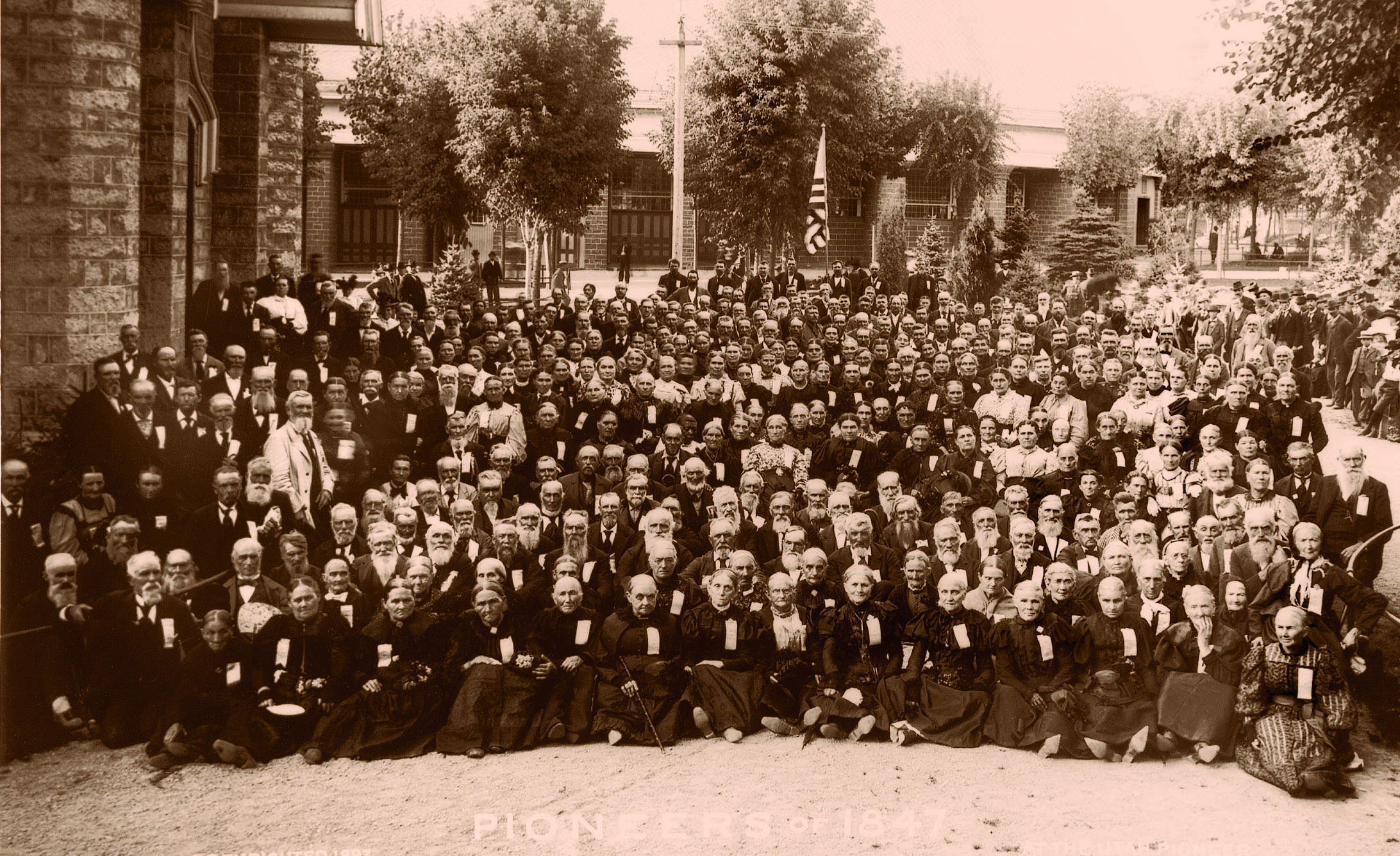
This photograph of surviving pioneers of the 1847 trek was taken on 24 July 1897, the 50th anniversary of the arrival of the pioneers in the Salt Lake Valley. Most pioneers in this photo arrived in the Salt Lake Valley in September 1847. The portrait was taken on Temple Square.
In 1997, the Church celebrated the 150th anniversary of the arrival of the Mormon pioneers in the Salt Lake Valley. The celebration ran from January to July and included such things as a worldwide day of service for members of the Church to help in their communities, concerts by the Mormon Tabernacle Choir, pioneer exhibits and a two-day program of music and dance.
Then-Church President Gordon B. Hinckley and members of the First Presidency with their wives welcomed the sesquicentennial wagon train after its 1,300-mile trek from Iowa to Salt Lake City.
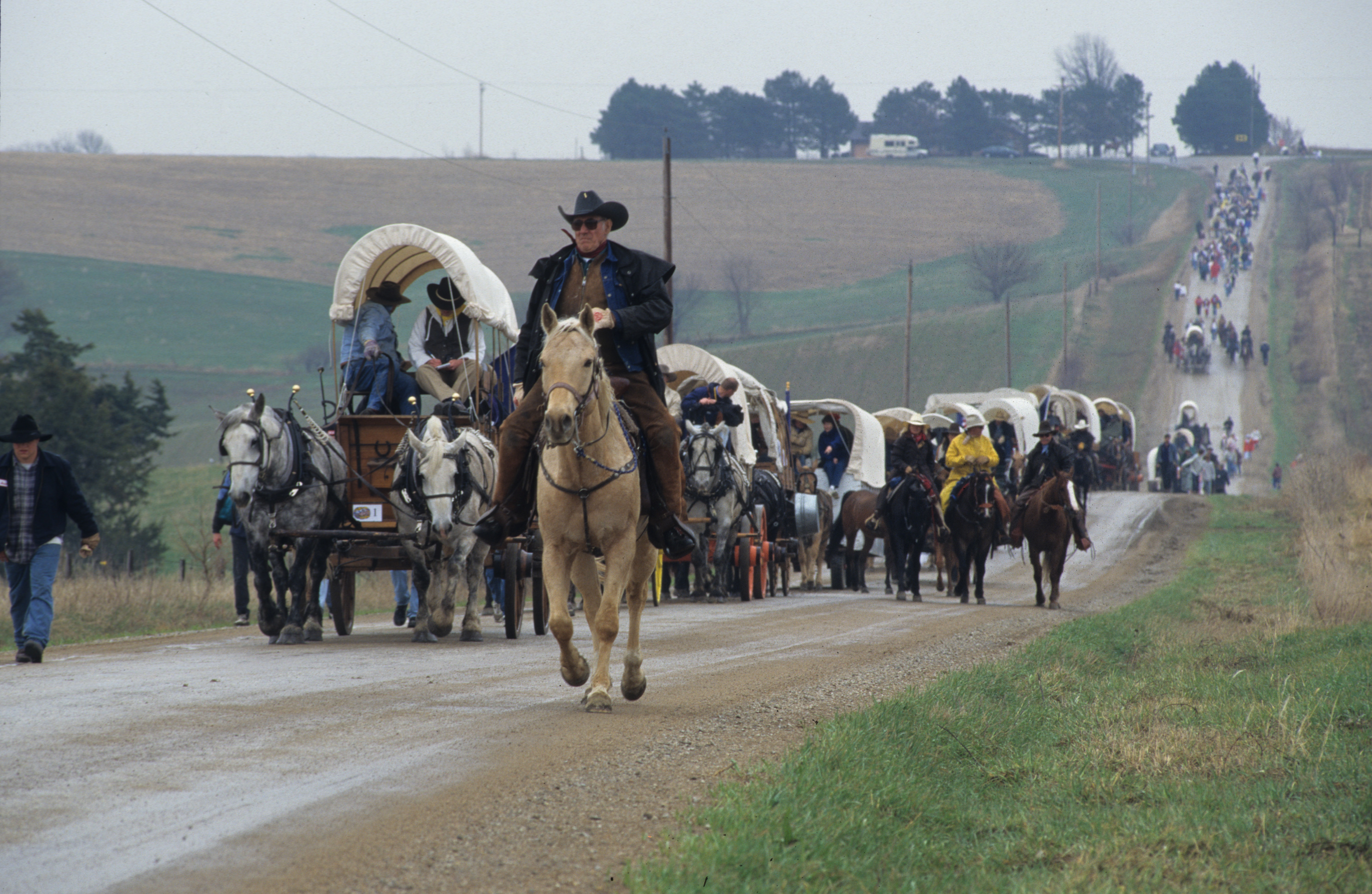
Perhaps the most elaborate activity of the year was the re-creation of the 1847 wagon train with covered wagons and handcarts. The 1,300-mile trek started in April in Iowa and concluded in Salt Lake City on 22 July 1997. Thousands of people participated in the wagon train, and many walked the entire distance.
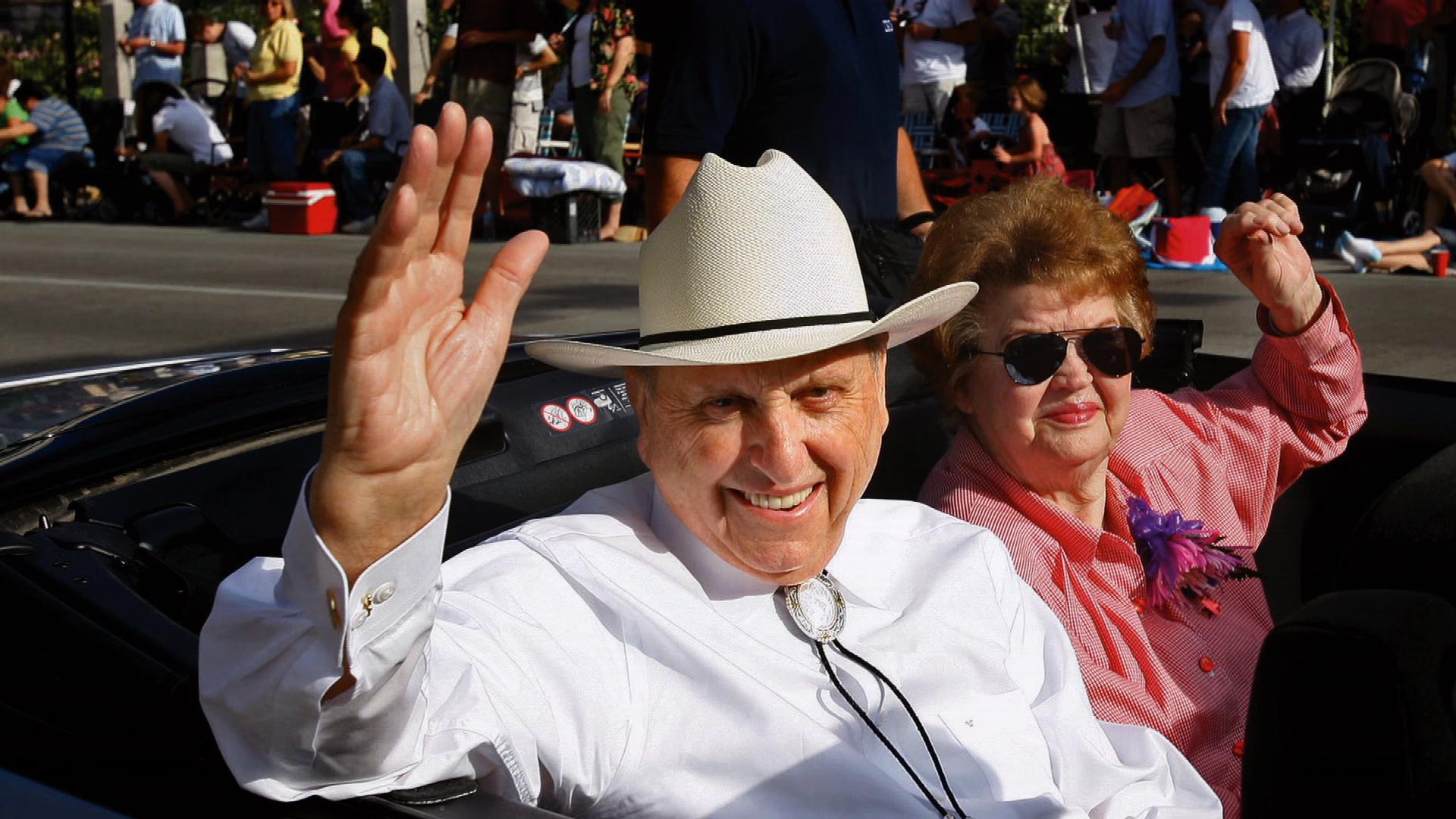
President Thomas S. Monson and his late wife, Frances, enjoy the Days of '47 parade in Salt Lake City 24 July 2006